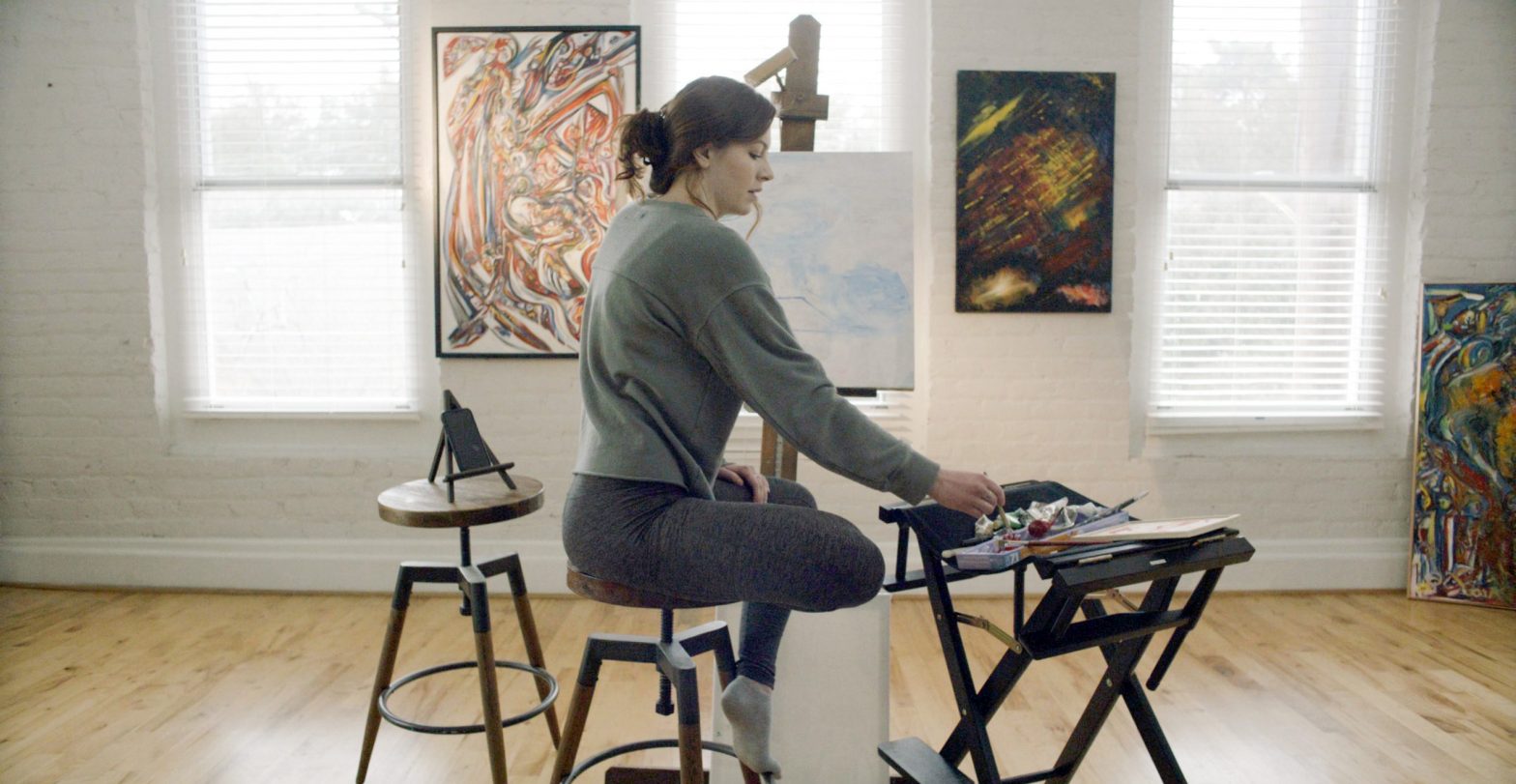When I was a tween writing “X-Files” fan fiction, I never suspected my interest in storytelling would lead to an actual career as a writer. But then I enrolled in the creative writing program at a performing arts high school—and discovered my creative power.
Dozens of local arts organizations offer Charlottesville children and teens opportunities to unlock their potential. From classes to summer camps to year-round workshops, the vast majority also provide financial support in the form of reduced costs, scholarships and free programming. Area arts organization leaders share what motivates kids to get involved in the arts—and why it really matters.
Light House Studio
“Children and teens are not afraid to make mistakes,” says Deanna Gould, executive director of Light House Studio. “They understand the importance of learning from the process. As long as you establish a safe environment for young people to express themselves, they readily share ideas and are not afraid to take creative risks.”
As the only dedicated youth film center in Virginia, Light House Studio teaches approximately 150 workshops to 1,200 students from 70 schools every year. Many student films are accepted to national festivals and even win awards, including a Peabody, a Gold World Medal at the New York Festivals World’s Best TV & Films and a CINE Golden Eagle.
Gould explains that while older students recognize the potential for building their college and professional résumé through Light House, that isn’t the only goal.
“Our objectives [include] encouraging self-expression [and] giving disadvantaged youth an opportunity to express their diverse perspectives,” she says. “By giving young people a voice, we are empowering them to become leaders and influence change.”
Four County Players
“When you have high expectations, kids and teens will excel and often outperform adults,” says Four County Players board of directors member Tres Wells. “Children and teens seem more willing to try and put themselves out there.”
Four County Players offers two summer camps, one that focuses on production of a single youth-focused show, and another that offers multiple classes on topics like singing, dancing and improvisation, as well as a Friday showcase of student work. During the school year, young people participate in regular-season programming. A youth director program has produced two full-scale productions run by teens. And even the board of directors includes a youth director position “to represent the youth voice.”
According to Wells, teens and kids have a natural love of the theater because, he explains, they bond more quickly than adults.
“You just can’t explain the feeling of opening night after months of hard work and rehearsal,” he says. “The sense of pride and accomplishment with the thunderous applause of the opening night crowd is like nothing else.”
Music Resource Center
At the Music Resource Center, students in grades six to 12 stay motivated by a points system that rewards members for accomplishments like taking a lesson or recording an album.
According to Membership Coordinator Ike Anderson, the MRC gives tweens and teens access to musical instruments, studio equipment, artist support and lessons on topics like digital music composition, audio engineering, radio, songwriting and dance, regardless of their musical experience.
“Everything done here can start at a beginner’s level,” says Anderson. “We’ve had a bunch of students graduate and join performing arts colleges.” Others go on to become recording artists, radio DJs, directors, instructors and choreographers.
“Students aren’t just getting guitar lessons and a bag of chips,” Anderson says. “It is the vision of Music Resource Center to create a vibrant community through vibrant teens. When you walk through our facility, you can feel that excitement and electricity.”
Live Arts
“We create a lot of performances that involve young performers and crew members,” says Mike Long, director of education at Live Arts. “When they are given the chance and the training, they are every bit as capable of making great theater as adults.”
In addition to casting school-age actors, Live Arts offers a mentor/apprentice program as well as a chance for teens to write, devise and perform their own original plays every fall. In the summer, students ages 4 to 20 participate in theater camps and productions, including Broadway musicals and Shakespeare plays.
He sees kids and teens who are drawn to theater as a way to make friends become part of a theater community. “Many young people have been doing shows and camps at Live Arts for years, and when they get older it is common for previous campers to become Live Arts theater camp counselors and adult volunteers.”
The Paramount Theater
Thanks to youth education programming at the Paramount, more than 158,000 students and teachers have taken field trips downtown to experience live theatrical and musical work as audience members since 2004.
While the Paramount provides study guides, Standards of Learning connections and lectures, Education and Outreach Manager Cathy von Storch says feedback from local teachers reveals an impact beyond academics to include social and cultural enrichment.
“It’s the overall experience of getting outside their comfort zone, learning manners and theater etiquette, being in public in a historic space with kids from all districts,” she says.
“You bring an entire grade level together, from students whose parents bring them to shows all the time to those who only watch TV together as a family,” von Storch says. “But on that day, during that one hour at the Paramount, everyone shares the experience.”
For students who want to have informed conversations, she says, “it levels the playing field.” Much like the arts themselves.
Choose your role
Four County Players
fourcp.org/education
Light House Studio
lighthousestudio.org; lighthouse studio.org/summer-film-academy- 2018
Live Arts
livearts.org; summeratlivearts.org
Music Resource Center
musicresourcecenter.org or drop by the studio for a tour
The Paramount
theparamount.net/education











